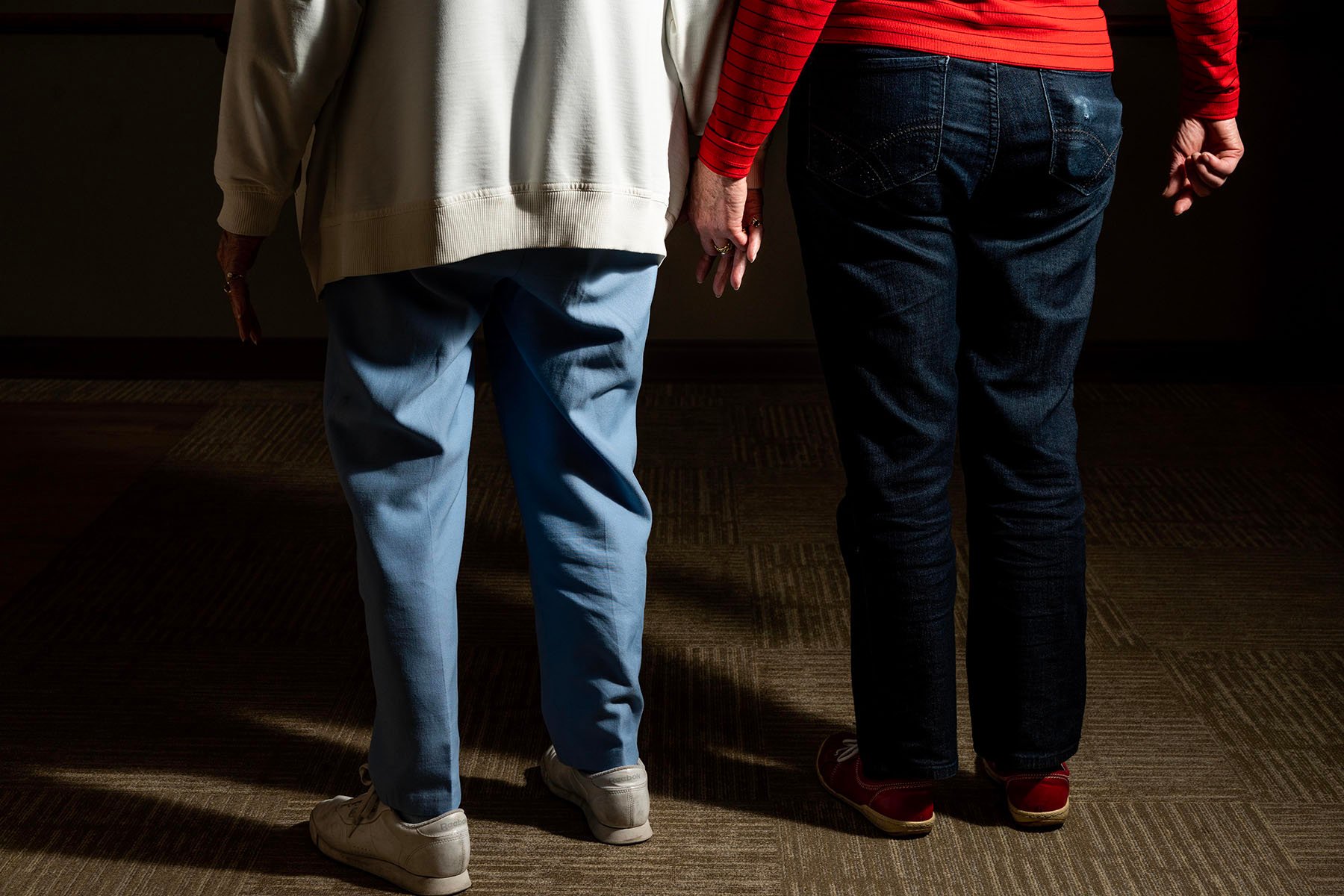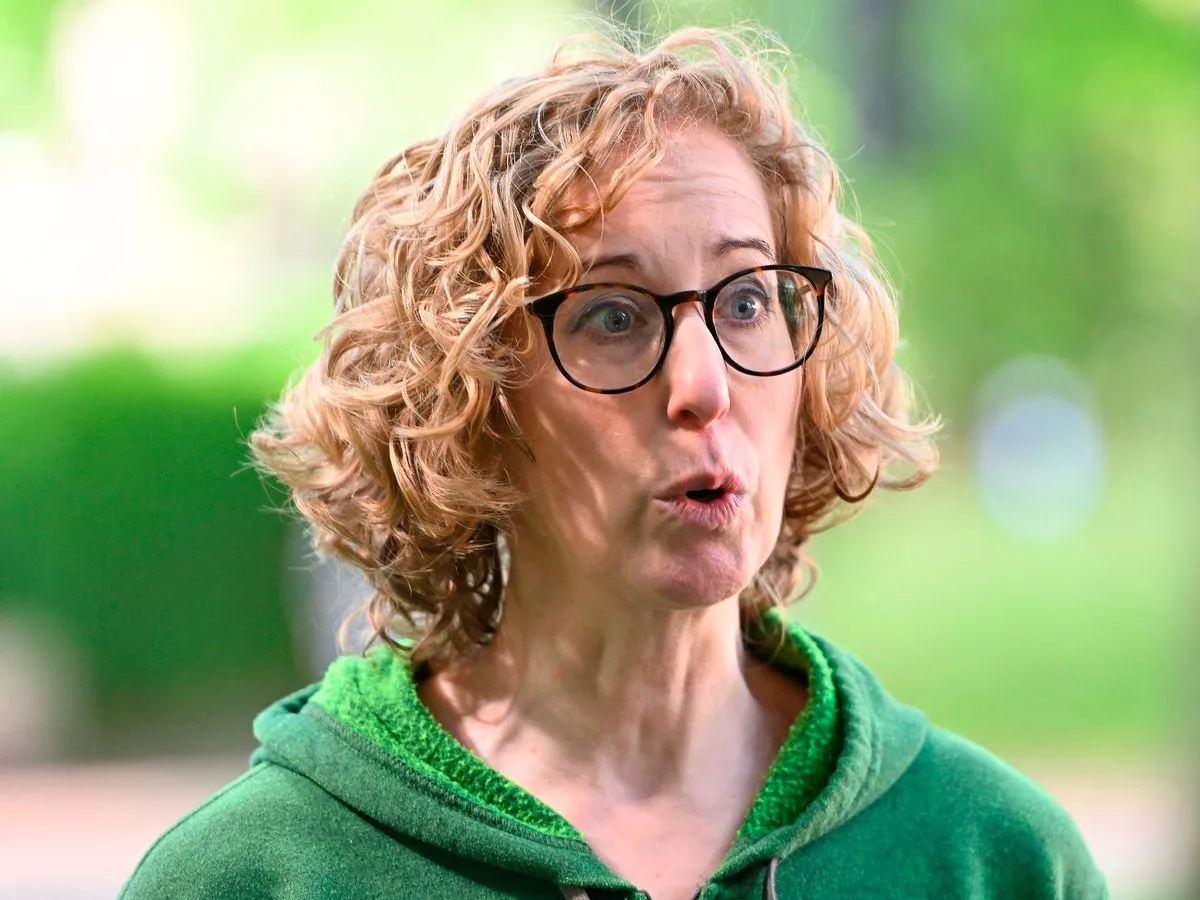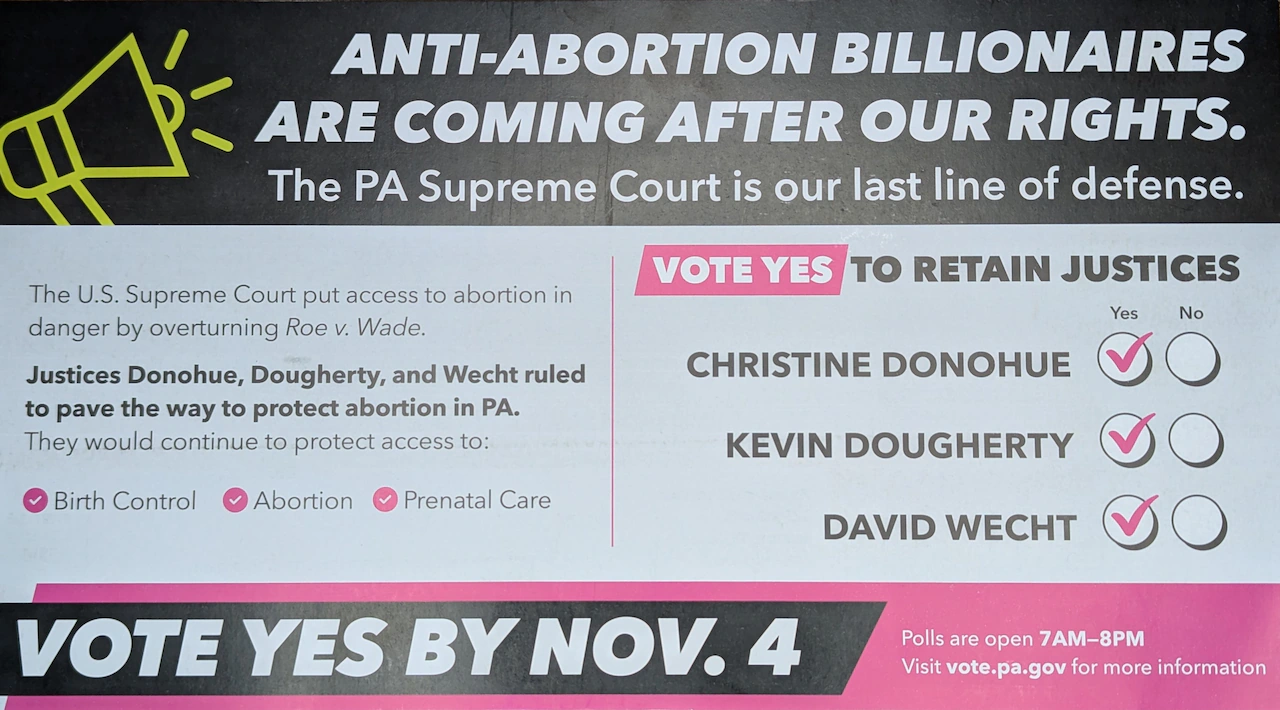Copyright The 19th*

There are few constants in American politics, but one of them has been older Americans’ faith in Social Security. That might be changing for some, including older women, according to recent focus groups hosted by AARP. “They’ll find a way to take it from you,” Dorothy B., a 74-year-old Democrat from North Carolina, said during one of the focus group sessions, held this month as part of the organization’s ongoing research into the priorities and concerns of women 50 and older. Focus group participants are identified by their first name and last initial, according to the rules laid out by AARP. “I think it’s definitely going to be reduced,” agreed Claudia C., a 65-year-old Democrat from Washington, who said she decided to receive her Social Security benefits earlier than she might have otherwise as a result. “I could have waited until 70 or my full retirement age and gotten a lot more money. But I felt that I should take it now. At least I got the money now,” she said. All eight participants in the Democratic or Democratic-leaning focus group raised their hands when asked if they were worried about the future of their Social Security benefits. But the fear and uncertainty older women in the focus groups felt transcended politics. Republican or Republican-leaning women over 65 expressed similar doubts. In a show of hands, five out of the eight women in the GOP focus group indicated they were not confident that Social Security was something they could rely on. “They keep telling us, OK, in 2032, there’s no more money in Social Security,” said Amy M., 70, a Republican from Missouri, referring to a projected date in which some experts say President Donald Trump’s “big, beautiful law” will cause sharp cuts to the program. “Congress can’t seem to get on the same page about anything,” she said, adding: “I don’t see them doing anything to shore it up and make sure that it’s there. I don’t believe we can count on it.” Patricia H., 66, a Republican from New Jersey, noted that while she and her family are financially comfortable, she is reluctant to spend money on things like vacations, just in case. “The way the political climate is, you just never know,” she said. This uncertainty expressed in these focus groups represents a big departure from long-standing polling on Social Security. Confidence in the future of the program tends to be relatively steady, although the most recent polling has shown a decline. Overall, seven percentage points fewer Americans are confident in the future of Social Security compared with five years ago according to AARP’s polling on the issue. Older people already receiving Social Security tend to have the highest confidence in the program. This was the case in a recent AARP poll marking the program’s 90th anniversary. About 65 percent of Americans over 65 said they were somewhat or very confident in Social Security’s future, compared with more pessimism from younger cohorts. About 25 percent of Americans ages 18 through 24 said they were somewhat or very confident in Social Security’s future, and only 20 percent of Americans ages 25 through 34 were somewhat or very confident. “Once you start receiving the benefit, it really does shift perspective about how you feel about the program,” said Jenn Jones, vice president of Financial Security and Liveable Communities in Government Affairs at AARP. Kathleen Romig, director of Social Security and Disability Policy at the Center on Budget and Policy Priorities, a nonpartisan, left-leaning think tank, noted the same trend. “Typically, as people get older, they become more confident in the future of Social Security – probably because they know more people who receive it and are close to receiving it themselves or start receiving it themselves,” she said. Romig said she was “really surprised” by the uncertainty expressed during the focus group and suggested that perhaps this change is a result of diminished confidence in institutions in general. She pointed to a recent report from the Urban Institute indicating a spike in early claims for Social Security benefits after cuts undertaken by the so-called Department of Government Efficiency. “When people saw chaos at [the Social Security Administration] in how the program was being implemented, they wanted to take the money and run,” Romig said. The decision will have a long-term impact on the financial wellbeing of those who claimed the benefit earlier. People who claim Social Security at age 62 instead of age 67, for example, receive 30 percent less in monthly benefits for the rest of their lives. Attitudes toward Social Security also tend to be linked to confidence in the economy at large. “As costs have risen, you are starting to see a little bit more concern about [Social Security’s] future show up in the data from the same cohort who rely on it heavily for their financial security. With rising costs, with inflation, Social Security doesn’t go as far because things are more expensive, and so you see a lot more sort of anxiety among especially the older cohorts around sort of changes,” Jones said. Older women are more vulnerable to these shifts because they receive lower Social Security payments, on average, than men. “Typically, women enter their retirement years with less financial security. They’ve been able to save less. This goes back to the pay gap — Women earning around 80 cents on the dollar men get,” she said. Another contributor? Women are more likely to be the ones who step up and take on caregiving responsibilities. “More often than not, women are the ones who have to step away from the workforce to care for loved ones. That’s not to say that they don’t return, but in those intervening moments, they have lost both income for their day-to-day and income that would have gone to taxes for Social Security,” Jones said. As a result, older women may feel the financial pinch and by extension, uncertainty about Social Security’s future, more than men. So what will happen to Social Security in the next few years? Both Romig and Jones said they think it is unlikely anything will change for people already receiving their benefits. “There’s a pretty strong bipartisan consensus that you just don’t go after people who are already receiving benefits or are close to it,” said Romig. However, they stress that the anxiety older Americans, particularly older women feel makes sense.



